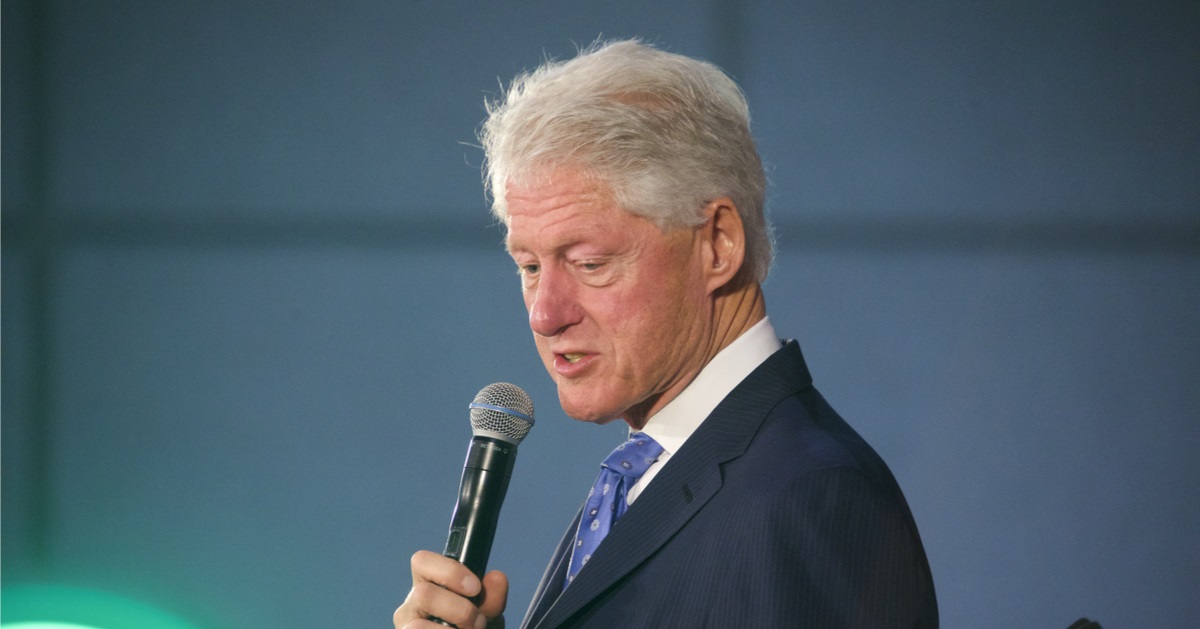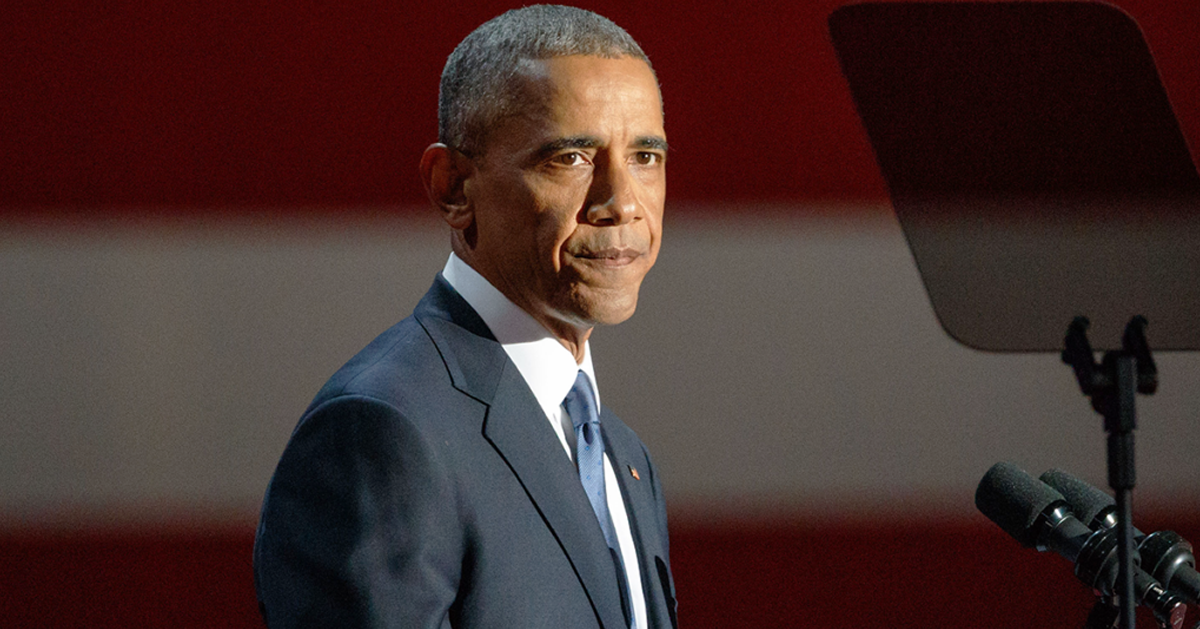Obama-appointed D.C. judge surprisingly allows Trump admin to continue mass firings of federal workers
President Donald Trump has ordered multiple federal agencies and departments to drastically reduce the size of the federal workforce but, unsurprisingly, has been opposed by lawsuits filed by government workers and the unions that represent them.
Unfortunately for those federal workers, a federal judge on Thursday essentially ruled that the firings and workforce reductions could proceed by determining that the court lacked jurisdiction over the dispute at this point in time, according to The Hill.
Perhaps even more shocking for those government employees and their unions was that the rejection of their claims came from a Democrat-appointed judge that they likely assumed would be sympathetic to their plight and rule in their favor.
Federal workers' unions challenge Trump admin terminations
The Hill reported that President Trump's efforts to substantially reduce the size of the federal workforce were challenged in a Washington D.C. district court with a lawsuit that demanded a temporary restraining order ahead of a preliminary injunction to block the planned terminations.
The plaintiffs were a coalition of government employees' unions led by the National Treasury Employees Union, which was joined by the National Federation of Federal Employees, the International Association of Machinists and Aerospace Workers, the International Federation of Professional and Technical Engineers, and the United Auto Workers union.
Those unions put forward three main arguments about the alleged illegality of Trump's firing of probationary employees, the purported plans for mass layoffs via "reductions in force," and the now-expired offer of "deferred resignations," in which employees could have agreed to stop working immediately but still receive full pay and benefits through the end of September.
They further argued that the ordered firings of executive branch employees by the chief executive somehow violated the separation of powers doctrine, as well as certain statutes and regulations that govern how the federal government can reduce its workforce. Underlying all of those claims, however, were the unions' more pressing concerns about a loss of revenue from union dues and a loss of bargaining power.
Sympathy from the judge not enough to stop firings
Yet, after hearing arguments earlier this week, U.S. District Judge Chris Cooper, an appointee to the D.C. court from former President Barack Obama, issued a 16-page decision on Thursday that denied the federal employees' unions' requests for a temporary restraining order and preliminary injunction.
"The first month of President Trump’s second administration has been defined by an onslaught of executive actions that have caused, some say by design, disruption and even chaos in widespread quarters of American society," Cooper wrote, displaying the sympathy that the unions undoubtedly expected.
"Affected citizens and their advocates have challenged many of these actions on an emergency basis in this Court and others across the country," he continued. "Certain of the President’s actions have been temporarily halted; others have been permitted to proceed, at least for the time being. These mixed results should surprise no one."
However, Cooper added, "Federal district judges are duty-bound to decide legal issues based on even-handed application of law and precedent -- no matter the identity of the litigants or, regrettably at times, the consequences of their rulings for average people."
Judge says he lacks jurisdiction to hear claims at this time
Ultimately, Judge Cooper ruled that, rather than grant the unions' requests and allow the lawsuit to proceed, he lacked jurisdiction because certain statutes dictated that federal workers with employment issues must first pursue remediation through the Federal Labor Relations Authority, and perhaps also the Merit Systems Protection Board, before pursuing appeals of denied claims through the federal court system.
"The Court acknowledges that district court review of these sweeping executive actions may be more expedient," Cooper wrote in his decision. "But [the unions] provides no reason why it could not seek relief from the FLRA on behalf of a class of plaintiffs and admits that it would ask other agencies to follow an administrative judge’s ruling in its favor."
Somewhat ironically, the judge's ruling may have simply delayed the inevitable return of the federal employees' unions' claims to federal court, as Bloomberg News reported last week that the Trump administration had already fired and replaced the career bureaucrat heads of the FLRA, Susan Grundmann, and a top member of the MSPB, Cathy Harris, both of whom have filed lawsuits of their own challenging their terminations.



